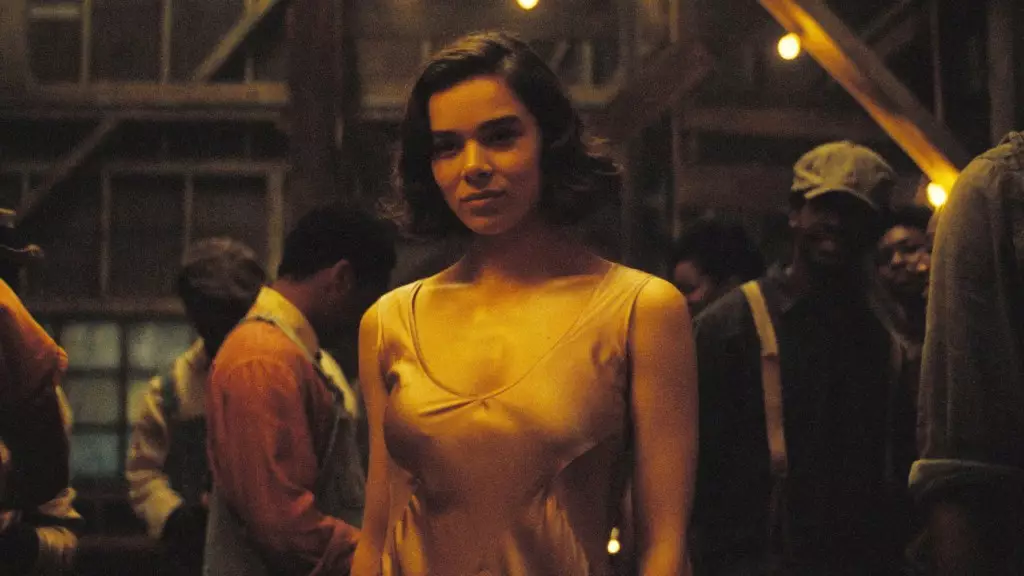In the realm of cinema, horror often serves as a metaphorical lens through which complex societal issues are explored. Hailee Steinfeld’s portrayal of a multi-racial vampire in Ryan Coogler’s upcoming film, *Sinners*, exemplifies this notion brilliantly. As an actress of mixed heritage—part-Black and part-Filipino—Steinfeld imbues her character, Mary, with a rich tapestry of identity that resonates on levels far beyond mere entertainment. The film, set against the gritty backdrop of 1930s Mississippi, transcends traditional horror tropes by diving into the transformative experience of racial identity, evoking a sense of connection and introspection that is palpable.
Reflecting Identity Through the Undead
Steinfeld’s insightful reflections on her character reveal the profound impact of understanding one’s heritage. The act of embodying a vampire—a creature typically seen as monstrous—becomes a powerful vehicle for exploring the nuances of race and belonging. She noted her personal connection to the material, specifically in relation to her family history and the lingering questions about identity and ancestry that arise while making the film. In a world that often simplifies identity into neat boxes, characters like Mary challenge these paradigms by representing the complexity of multi-racial existence. Steinfeld’s acknowledgment of the emotional weight carried by the roles we inhabit underscores not just her artistry but the evolving landscape of representation in Hollywood.
Shared Personal Narratives: Coogler’s Vision
Ryan Coogler’s narrative journey was equally inspired by personal loss. His Uncle James, a Mississippi blues enthusiast, anchors the foundation of *Sinners*. This intimate connection transforms the film into a homage, marking it as both a personal and cultural celebration. Coogler’s quest to explore grief through the medium of storytelling highlights a critical commentary on how music and memories weave together to form a legacy. The haunting nature of blues—a genre born out of sorrow and resilience—echoes throughout the film, infusing it with a deep-seated emotional resonance that hits close to home for viewers.
A Dual Exploration of Heritage and Horror
What sets *Sinners* apart is its dual exploration of heritage and horror, bridging the personal with the universal. The film not only addresses the supernatural but acts as a metaphorical commentary on the historical struggles faced by marginalized communities. Coogler’s approach, which emanates a blend of nostalgia and confrontation of traumatic histories, compels the audience to not just witness but to feel the weight of these narratives. It prompts us to question how the past informs the present, particularly in a landscape still grappling with issues of race and identity.
In this way, *Sinners* positions itself not merely as a horror film, but as a poignant exploration of the intersections between personal history and collective memory. It invites viewers on a journey that challenges preconceived notions while simultaneously crafting a narrative that resonates with anyone who has ever felt torn between multiple identities. As we look forward to its theatrical release, there’s a palpable sense of anticipation surrounding not just the film’s horror elements, but its potential to spark essential conversations about race and identity in a complex world.

